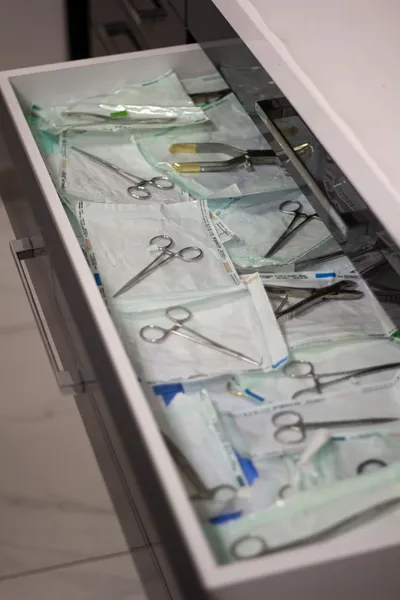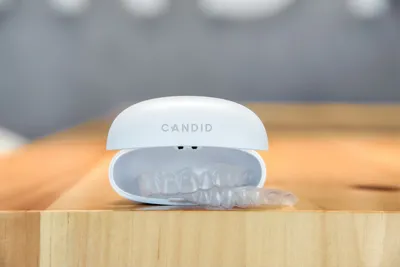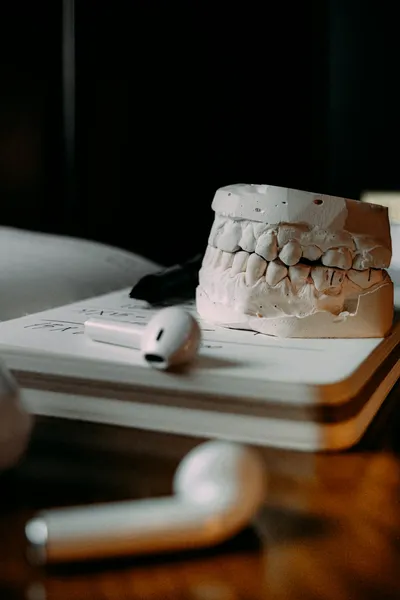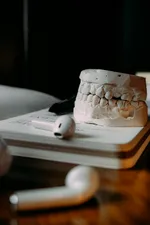
Understanding Tooth Decay
Tooth decay, also known as dental caries, is a destructive process where the hard surface of the teeth is damaged by acids produced by bacteria in the mouth. Understanding its causes and effects is crucial for preventing this common dental condition.
The Causes of Tooth Decay
The primary cause of tooth decay is the presence of plaque, a sticky film of bacteria that forms on the teeth. When sugars from food are consumed, these bacteria produce acids that can erode tooth enamel over time.
Effective Prevention Tips
Maintain Excellent Oral Hygiene
Brushing your teeth twice daily with fluoride toothpaste and flossing regularly can significantly decrease the risk of decay. Consider using a mouthwash for added protection.
Balanced Diet
Limiting sugary snacks and drinks helps reduce the formation of acids that cause decay. Eating a balanced diet rich in calcium and other essential nutrients contributes to strong, healthy teeth.
Regular Dental Visits
Routine dental check-ups are crucial for identifying early signs of decay and providing professional cleaning, which removes plaque and tartar that you may miss at home.
Fluoride Treatments
Fluoride helps remineralize tooth enamel and prevent decay. Ask your dentist about fluoride treatments, especially if you are at higher risk for cavities.
Dental Sealants
Dental sealants are thin coatings applied to the chewing surfaces of back teeth to prevent decay. Discuss with your dentist whether sealants are a suitable option for you or your children.
Conclusion
Tooth decay prevention requires a comprehensive approach including good oral hygiene, proper diet, and regular dental care. By implementing these best practices, you can maintain a healthy, vibrant smile for years to come.
Popular Oral Health Articles
Explore the articles our readers find most helpful, ranging from basic dental care tips to advanced oral health topics.


Related Posts
View All



